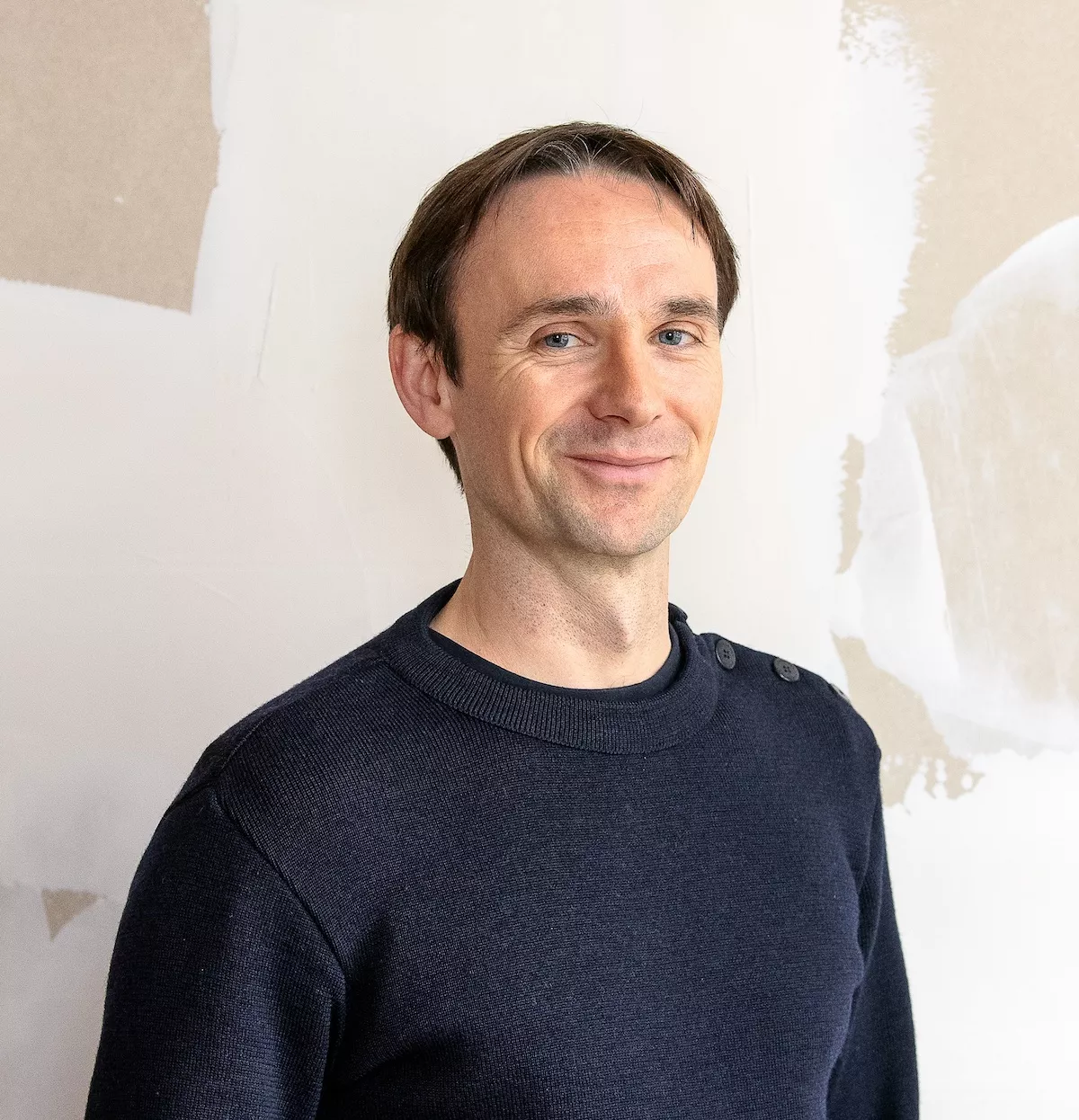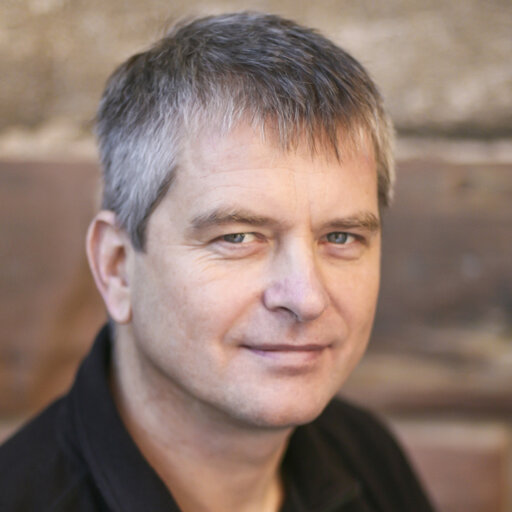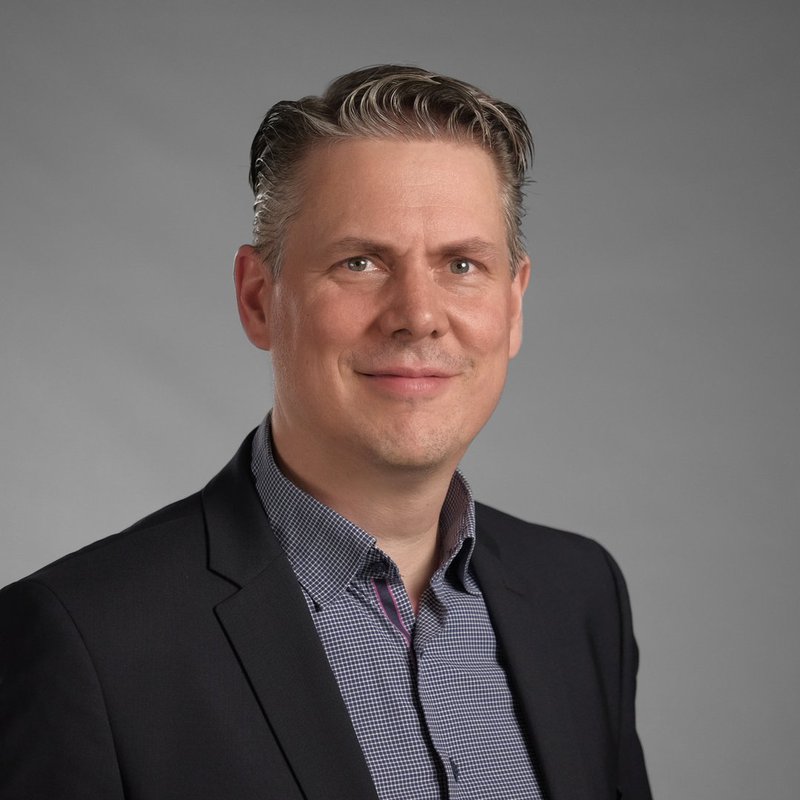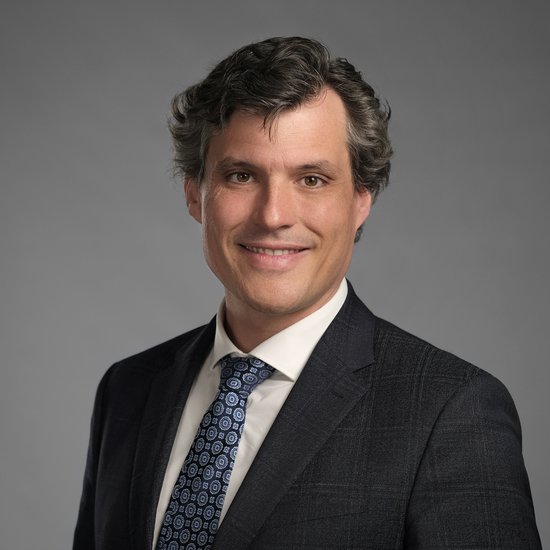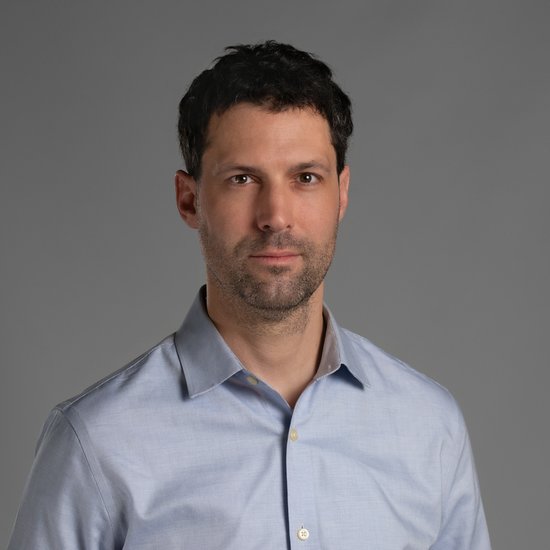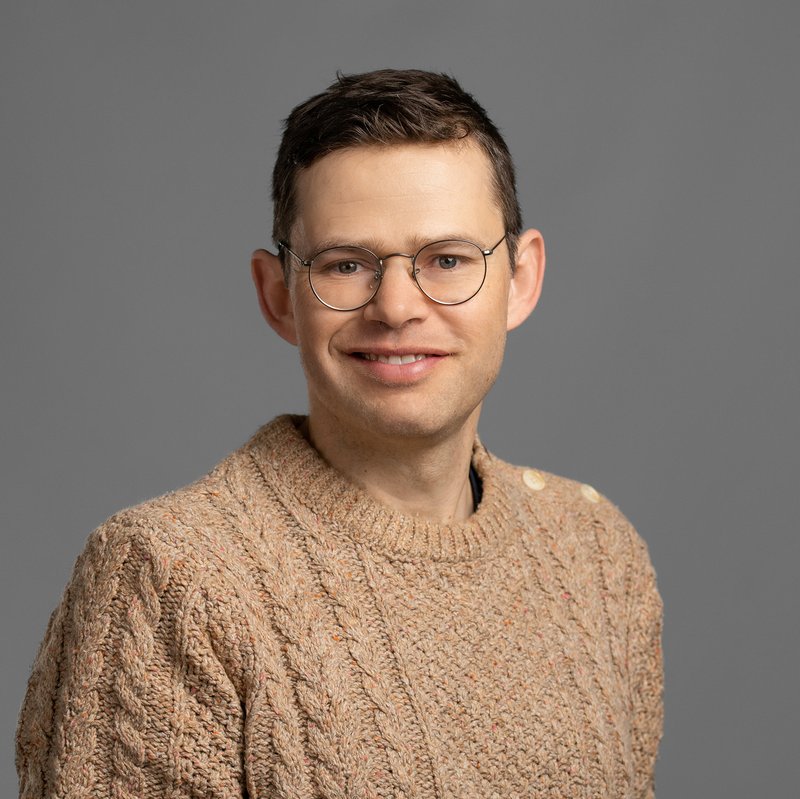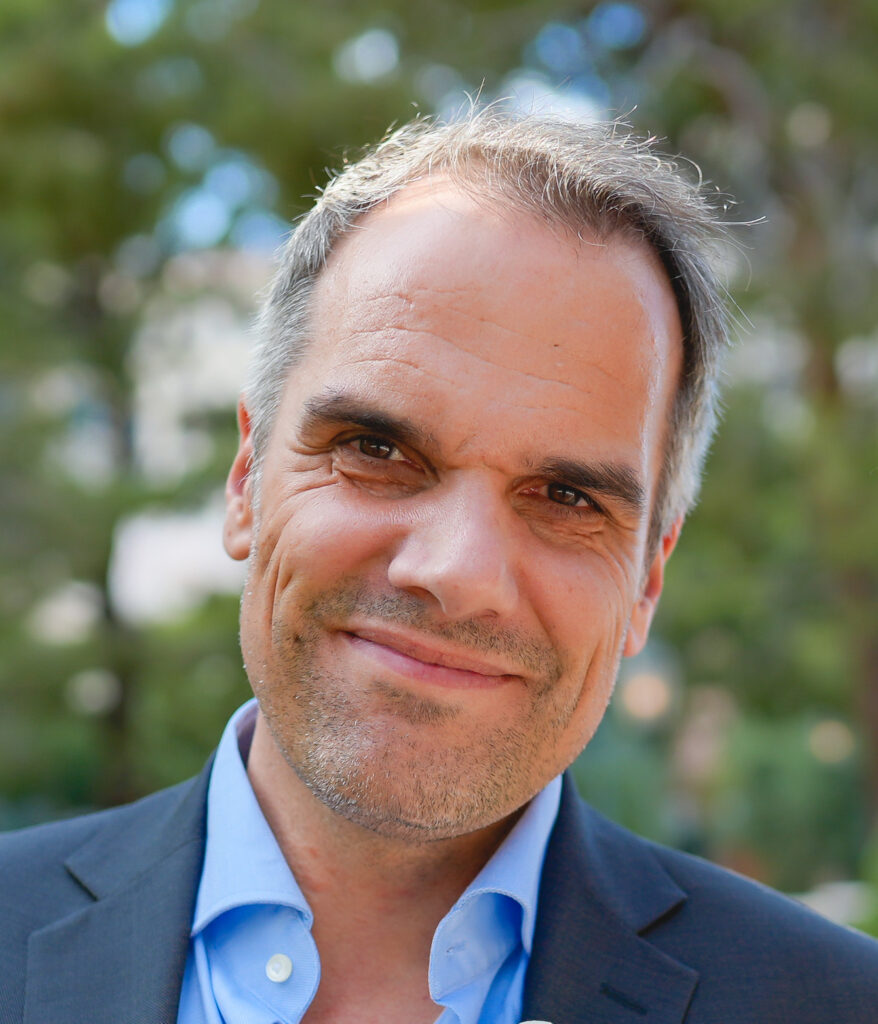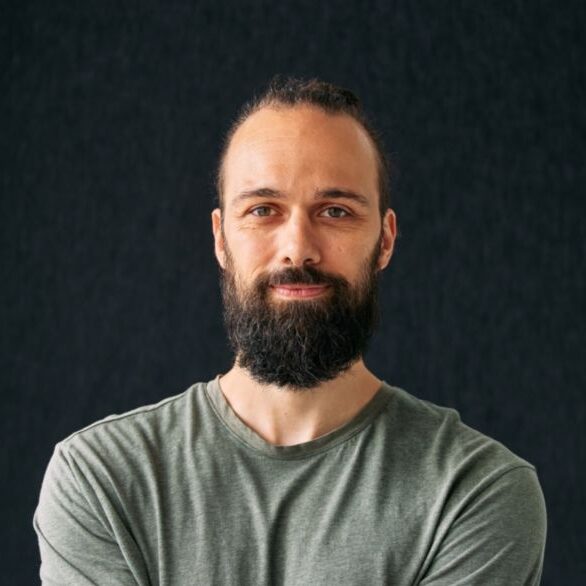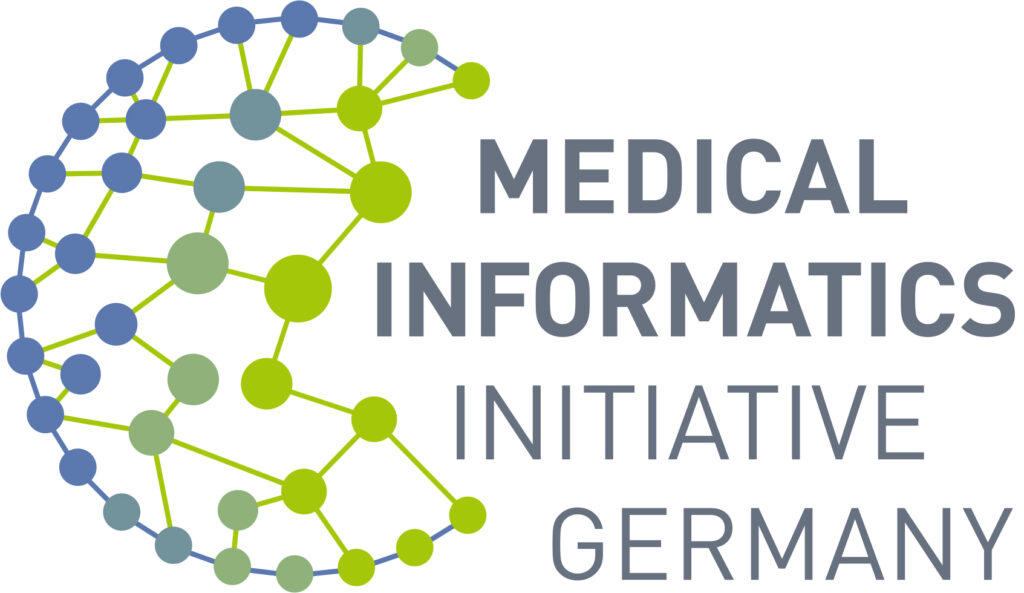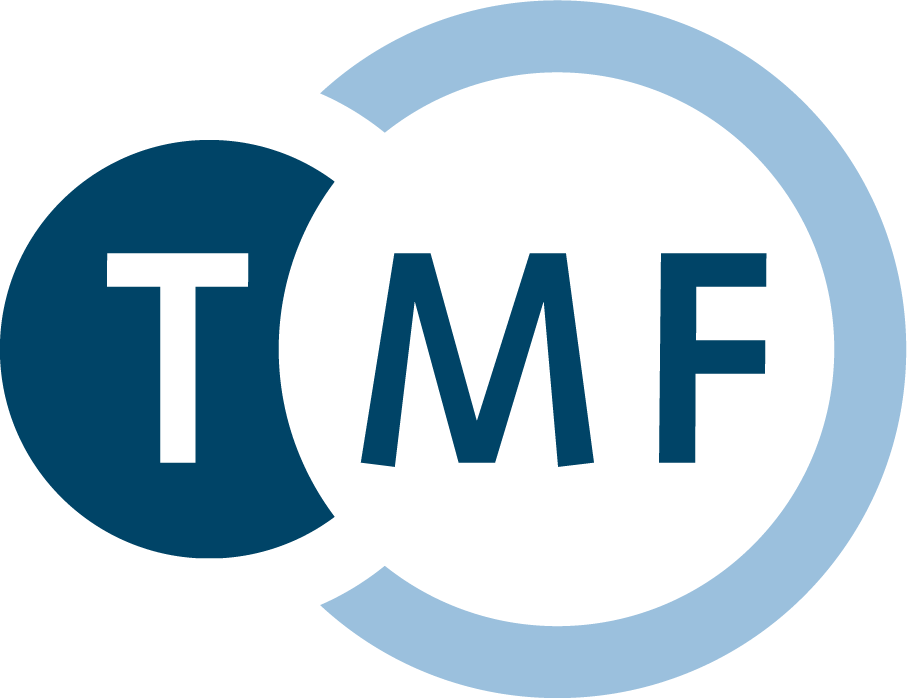The DIFUTURE consortium promotes medical informatics in Germany by establishing new professorships in the fields of biomedical informatics, medical data sciences and medical data analysis. Education and research at the interface between medicine and technology are central elements of the medical informatics funding concept.
This concept provides for increased training of young scientists in the data sciences in order to combine digitalisation and medicine, two rapidly growing fields of knowledge. The resulting interfaces will lead to fundamental changes in healthcare and open up new possibilities for diagnostics, therapy and prevention for patients. Medical data forms the basis of this digitalisation. In order to be able to utilise the growing volumes of data in medicine in a meaningful way, digital skills are essential in the healthcare sector.
Through the targeted funding and establishment of new professorships, DIFUTURE is sustainably strengthening both research and teaching in medical informatics. This will train the urgently needed specialists who will play a key role in shaping the future of healthcare.
Newly created professorships at the Technical University of Munich (TUM)
Chair of Artificial Intelligence in Healthcare and Medicine
The Laboratory for AI in Medicine at the Technical University of Munich develops algorithms and models to improve medicine for patients and medical professionals.
Our goal is to develop artificial intelligence (AI) and machine learning (ML) techniques for analysing and interpreting biomedical data. The group focuses on the pursuit of cutting-edge research, including:
- AI for early detection, prediction and diagnosis of disease
- AI for personalised interventions and therapies
- AI for the identification of new biomarkers and targets for therapy
- Safe, robust and interpretable AI approaches
- AI approaches for the protection of privacy
We are particularly interested in the application of imaging and computational technologies to improve the understanding of brain development (in-utero and ex-utero), to improve the diagnosis and stratification of patients with dementia, stroke and traumatic brain injury, and to comprehensively diagnose and treat patients with cardiovascular disease and cancer.
Chair of Computational Molecular Medicine
Chair of Health Informatics
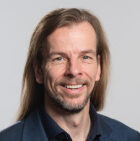
Prof. Dr.-Ing. habil. Björn Schuller
Chair holder
Technical University of Munich (TUM)
The Chair of Health Informatics at the Technical University of Munich combines computer science with modern medicine. The field of research is sensor- and knowledge-based monitoring and control of all health-related parameters during sport and other activities.
The main interest lies in recording, analysing and interpreting biosignals, such as those generated when monitoring cardiac activity, metabolism or neuronal activity. In addition, acoustic parameters (speech and other acoustic events) and visual parameters (face, gestures, body motor skills) are also processed in a realistic scenario (everyday life).
Chair of Medical Informatics
The Chair of Medical Informatics investigates and develops methods for utilising medical data in clinical applications and clinical research. In this way, we support scientists and clinicians in using data in networked environments securely with defined data quality, e.g. using statistical or artificial intelligence methods. We are therefore involved in a wide range of scientific projects and digitalisation at Klinikum rechts der Isar.
The focal points of our work are:
- Standardised provision and processing of medical data
- Information models in medicine (e.g. HL7 FHIR)
- Terminologies and ontologies in medicine (e.g. LOINC and SNOMED CT)
- Syntactic and semantic interoperability
- Data protection, information security and data governance in medicine
- Assessment and improvement of data quality
- Research data management
We are particularly committed to the use of healthcare data in research. Here, our chair leads the DIFUTURE consortium in the BMBF Medical Informatics Initiative (MII) and operates the Medical Data Integration Centre (MeDIZ), which is also funded as part of the Network of University Medicine (NUM). Our chair is nationally and internationally networked via MII, NUM and the MeDIZ.
Newly created professorships at the University of Augsburg (UA)
Chair of Biomedical Informatics, Data Mining and Data Analytics
The Chair of Biomedical Informatics, Data Mining and Data Analytics is concerned with the development and application of computer-aided methods for analysing biomedical data. One focus here is the analysis of omics data. This is data from innovative high-throughput analyses that can be used to record the entire genome, transcriptome or proteome of cells, for example. Omics analyses make it possible to create global, high-resolution molecular profiles of cells and tissues in a short space of time. As a result, molecular changes associated with diseases such as cancer can be analysed comprehensively and in detail. Omics analyses have therefore not only fundamentally changed research into biological systems, but are also increasingly becoming an integral part of medical diagnostics.
The main interest of our department is to utilise large biomedical data sets for research, diagnostics and patient care through the development and application of informatics methods. At the interface between medicine and (molecular) biology on the one hand and bioinformatics / computational biology and data science on the other, we utilise genomic or other omics data together with clinical data and phenotypic data to understand various diseases at the molecular level and improve diagnostic and therapeutic options.
Lehrstuhl für Datenmanagement und Clinical Decision Support
Lehrstuhl für IT-Infrastrukturen für die Translationale Medizinische Forschung
The research field of the Chair of IT Infrastructures for Translational Medical Research lies at the interfaces between medical data science, data integration and clinical research. Our work currently focuses on three main areas:
- Integration of clinical data, biomedical prior knowledge and omics data for systems medicine
- Development of infrastructures for data integration in clinical research with regard to personalised medicine
- Development of concepts and establishment of the Augsburg part of the DIFUTURE project as part of the medical informatics initiative
Chair of Modelling and Simulation of Biological Processes
The lab’s research aims to pioneer the integration of quantitative systems modelling with artificial intelligence and machine learning approaches to discover new therapeutic strategies for cancer treatment. With a focus on deep learning techniques, we aim to seamlessly link large datasets with patient data to elucidate complex tumour dynamics and therapeutic responses.
- Utilising innovative technologies such as single cell sequencing and deep learning
- Unravel the complexity of cancer biology and identify clinically relevant insights
We foster interdisciplinary collaboration through open communication and talent development to ensure alignment between scientists from different fields. With our commitment to effective project management, our ultimate goal is to translate cutting-edge research findings into measurable improvements in patient outcomes, driving the development of cancer therapies.
Professorship for Diagnostic Sensory Science
Newly created professorships at the Ludwig-Maximilians- University of Munich (LMU)
Professorship for Medicine and Computer Science
Currently not occupied
Ludwig-Maximilians-University Munich (LMU)
Newly created professorships at the University of Regensburg (UR)
Research Group for Algorithmic Bioinformatics
Modern technologies such as DNA sequencing have revolutionised biomedical research as they generate huge amounts of data. Understanding and interpreting this data requires knowledge of maths, statistics, computer science and programming. Professor Birte Kehr’s training as a bioinformatician enables her to bring this expertise to the field of biomedicine.
Professor Kehr specialises in the development of algorithms and software for the analysis of large amounts of genome sequence data. Her earlier research focussed on the comparison of whole genomes of different species, while her more recent research is mainly focused on the study of the human genome in a biomedical context. Here she has developed algorithms to detect and genotype genomic structural variations in population-wide datasets, identified various genotype-disease associations and contributed to fundamental research findings on evolutionary processes in the human genome.
Prof Kehr’s task at the Leibniz Institute for Immunotherapy (LIT) is to develop new algorithms for analysing the latest types of sequence data and to introduce new approaches to genome analysis in immunotherapy research.
Professorship for Medical Informatics

Kommissarisch: Prof. Dr. Michael Koller
Head of the Centre for Clinical Studies (ZKS)
University of Regensburg (UR)
The Centre for Clinical Studies (ZKS) Regensburg cooperates with clinics and institutes of the UKR, which is a very active centre with over 200 new studies per year. The ZKS sees itself as a service provider and research partner and supports clinicians in all aspects of clinical trials, from planning and registration to implementation, analysis and publication.
Newly created professorships at Saarland University (UdS)
Institute of Medical Biometry, Epidemiology and Medical Informatics
Newly created professorships at the Eberhard Karls University of Tübingen (EKUT)
Professorship for E-Health and Medical Data Science
The Health NLP Lab at the University of Tübingen and Brown University works on a wide range of text retrieval, text comprehension and text generation problems. Our goal is to develop data-driven techniques to support clinical decision making, prevent medical errors, and ultimately improve patient health. Some of our main areas of interest are:
- Clinical Text Mining
- Patient-centred
- Information Retrieval
- Biomedical
- Text Understanding and
- summarising
- Diagnostic support
- Prediction of clinical events
- Data-driven prognostics
- Precision medicine
- Human data processing
Methods of medical informatics
PfeiferLab’s interdisciplinary research focuses on solving biomedical problems by developing and expanding state-of-the-art machine learning/AI methods.
Our goal is to support the prevention and/or treatment of e.g. SARS-CoV-2, HIV, HCV or influenza infections as well as malaria, cancer and other diseases based on clinical, genomic and epigenomic data.
We also develop machine learning methods that preserve data privacy while enabling high predictive performance.
Our Medical Informatics Methods lab is part of a welcoming research environment on the charming Tübingen University campus, with collaboration opportunities across international borders.
Visual big data analytics in the life sciences

Junior Professor Dr Michael Krone
Junior professor
Eberhard Karls University of Tübingen (EKUT)

© 2024 DIFUTURE


